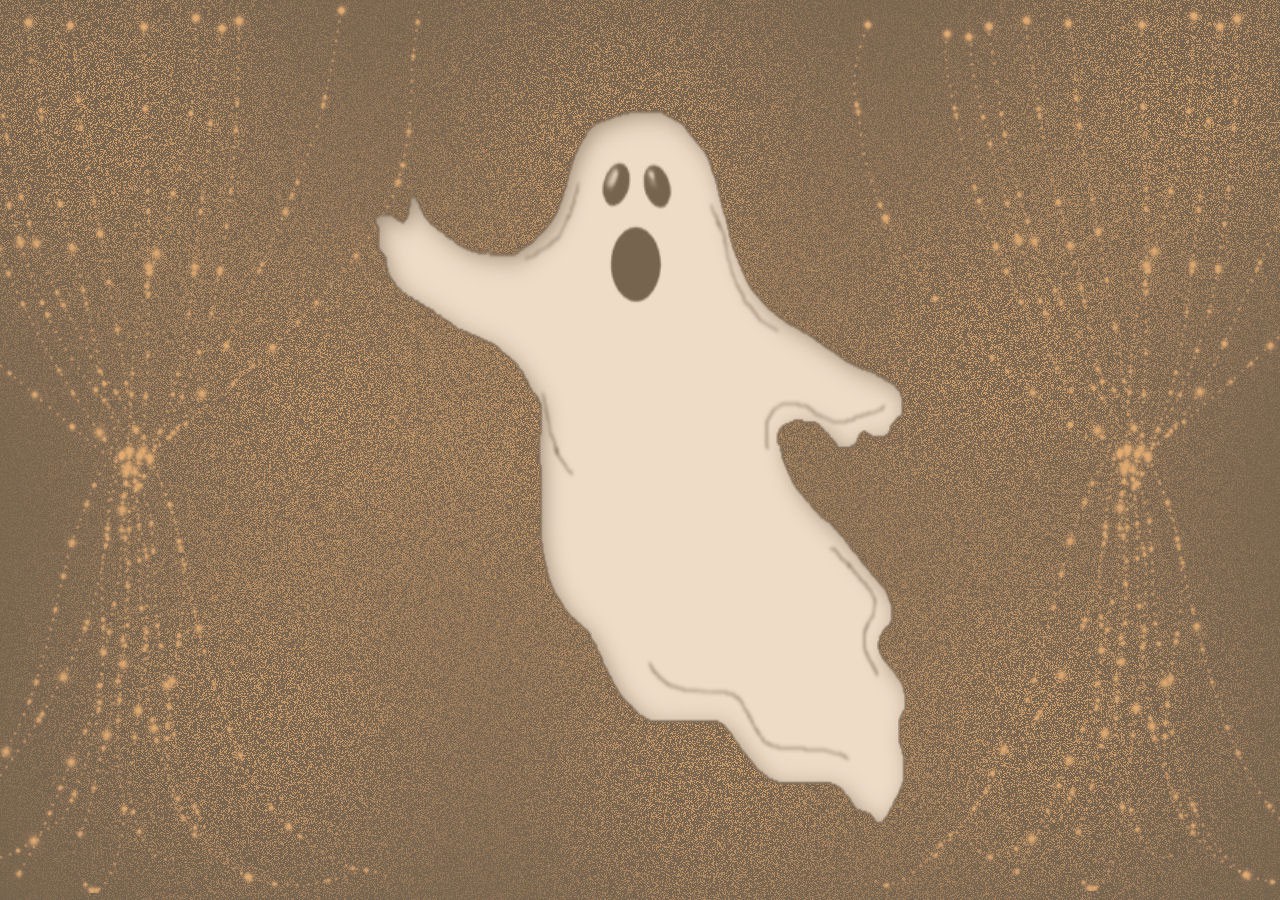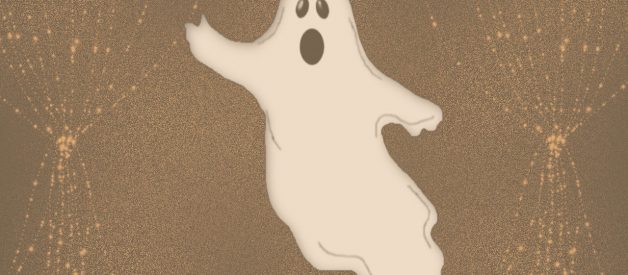Seeing Ghosts
There are some simple things you can do if your child says they see dead people.
 Credit: Shari Weinsheimer on PublicDomainPictures.net (CC0)
Credit: Shari Weinsheimer on PublicDomainPictures.net (CC0)
I imagine that the title of this piece caused more than one reader to want to know if it?s really about what the title says. I can assure you that it is. There are many children who report seeing ghosts, something that can cause distress to parents if not the children themselves. And with Halloween just around the corner, this phenomenon is likely to increase.
Why Do So Many Children Say They See Ghosts?
Anyone who has been a parent, taught elementary school, babysat, or just hung out with children likely experienced them claiming to see a ghost. It can be a bit unnerving when this happens and when the child is very young and it?s clear they aren?t just trying to weird you out, you may wonder if they just might be seeing something that you can?t.
Yet there?s also a plausible explanation for this, other than these children channeling a spirit from the great beyond, especially this time of year. Children often become fixated on ghost stories when Halloween is approaching, often because there are more scary movies and television programs and they are more apt to read similar types of stories that they recount with other children at this time.
It is also the case that children are predisposed to learning through using their imagination in pretend play and therefore, fantasy is a large part of their world. Because of this they can also alternate between reality and fantasy easier than adults can.
At one point it was believed that children weren?t able to tell the difference between fantasy and reality. Developmental psychologist, Jean Piaget, put forth the idea that children younger than about 12 years old often mistake fantasy, appearance and illusion for reality. For example, they believe that magic is real, dragons exist and someone dressed up as a ghost really is one.
More recent research shows, however, that children as young as 3 can often make basic distinctions between what is real and what isn?t. While even young children can tell the difference between fantasy and reality, they do sometimes misinterpret things they see or hear or they just may not be aware of certain perceptual phenomena that adults have learned about.
For example, when they see something in their peripheral vision, or they have a hypnogogic or hypnopompic hallucination (when falling asleep or waking up), they may believe it must be some kind of made up creature such as a ghost, fairy or leprechaun. Adults are much more likely to dismiss it or explain it based on their knowledge of perceptual processing.
The ?ghosts? that children report seeing may be one of the perceptual miscues where they don?t actually see the form of a being that would seem to be a ghost but rather have a perceptual experience they don?t understand and assign it to a category they know. It is also possible that these ?ghosts? are imaginary friends as two thirds of children have such a companion.
When questioned in adulthood, many people remember seeing and hearing their imaginary friend when they were children. Having an imaginary friend does not indicate the beginning of mental illness but actually is a sign of positive child development.
What to Do If Your Child Tells You They See Ghosts
The most important thing is to not to freak out. A lot of parents can become concerned over their children reporting strange occurrences or perceptual experiences. Usually children reporting seeing ghosts aren?t distressed and if this is the case there is likely no cause for alarm.
Ask questions to find out more about the ghost such as what it looks like and what it typically does when your child sees it. You might discover something you didn?t know about your child?s current interests, wishes, fears, or concerns. Asking whether they?ve seen the ghost before and when can help you determine what purpose the ghost is serving for the child.
For example, if people tend to get upset and agitated when your child announces there?s a ghost in the room, it could be they are using the ghost as a way of gaining attention. This doesn?t mean they are lying about perceiving it in some way, but that they have subconsciously learning that the appearance of their ghostly friend results in a positive consequence for them.
You can ask if the child likes seeing the ghost or if it scares them. If it scares them you can come up with ways to turn it into a friendly ghost or possibly banish it. It?s up to you as a parent to decide if you want to encourage or discourage your child?s belief in ghosts and if the former, how you choose to frame them.
A basic rule of thumb is if you wouldn?t tell your child that their imaginary friend isn?t real and that they are just imagining it, then it?s good to treat reports of ghostly visitors the same. It?s important to remember that often when children report these phenomena, they really believe what they are saying.
Telling them that it?s not real when they believe that it is doesn?t convince them, it just makes it less likely that they will tell you about their experiences in the future. This can short circuit an important pathway to establishing trust and the conviction that a parent will believe what the child says, even if it?s out of the ordinary.

Children Will Play With Anyone Until Someone Tells Them Not To
When I saw this quote on someone?s Facebook page yesterday, it caused me to stop and think for a minute or two. I was?
medium.com
Please Stop Telling Your Children They Can Do Anything They Set Their Minds To
Telling children if they work hard enough they can accomplish anything will lead to being unable to cope with?
medium.com
You can find links to my other work on Medium and follow me here. Thanks for reading and for supporting Mental Gecko!


